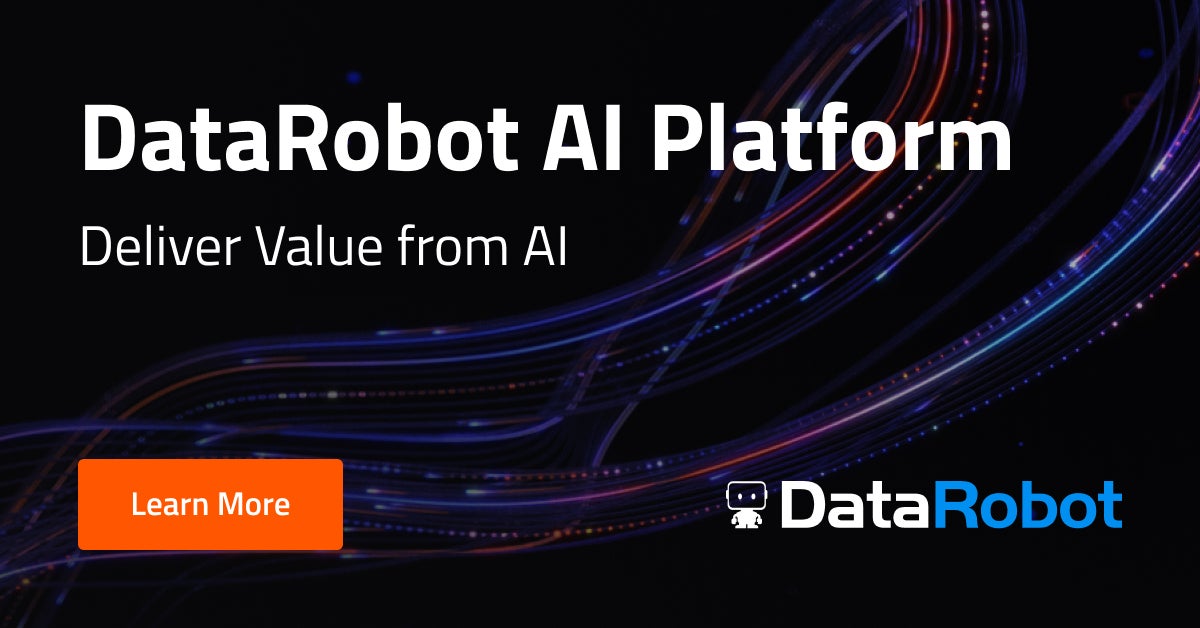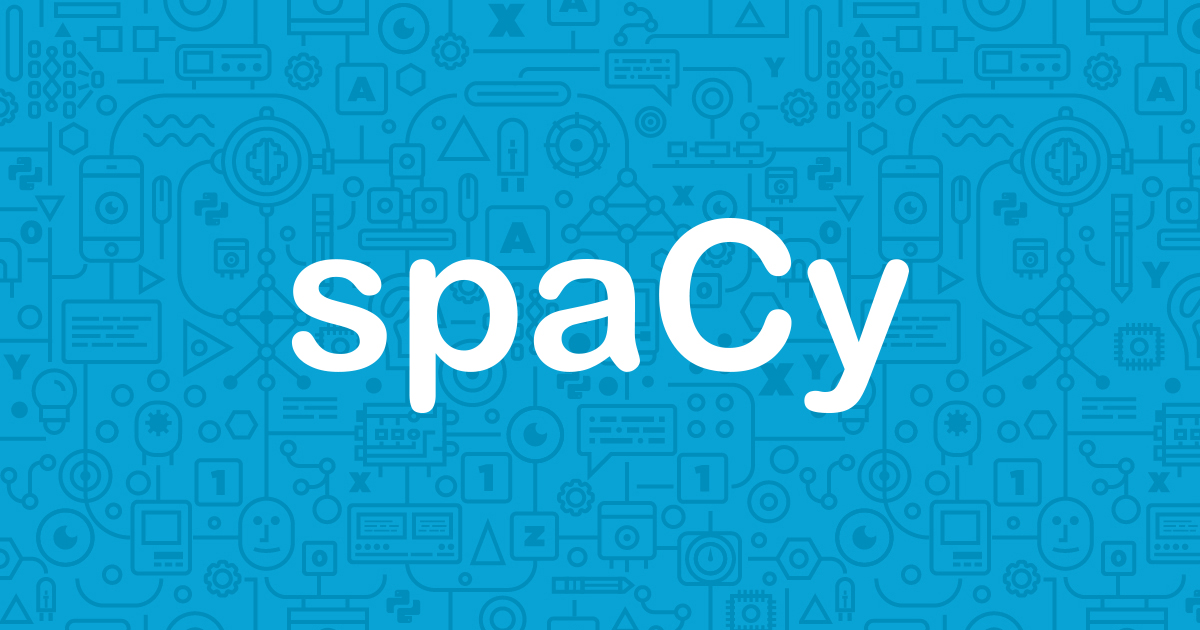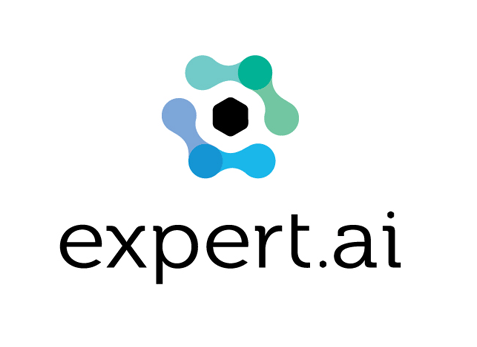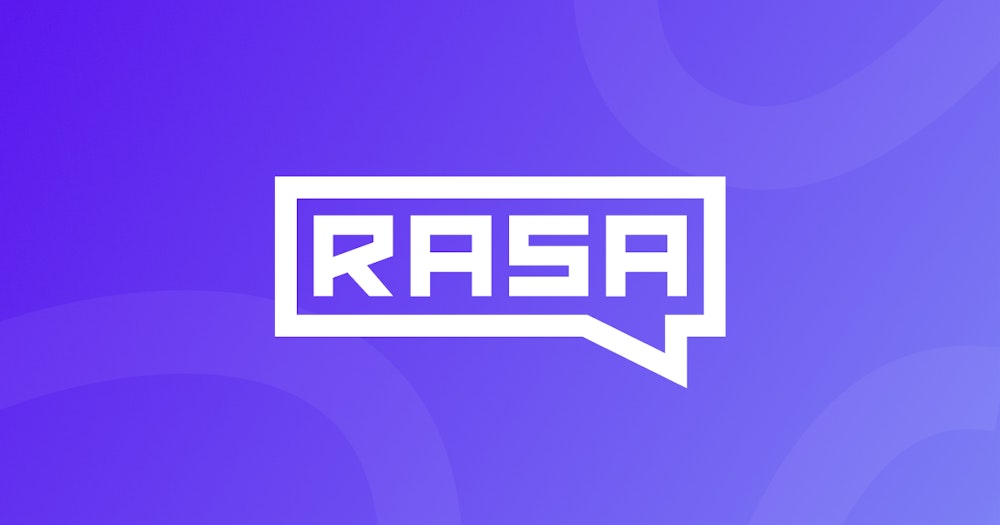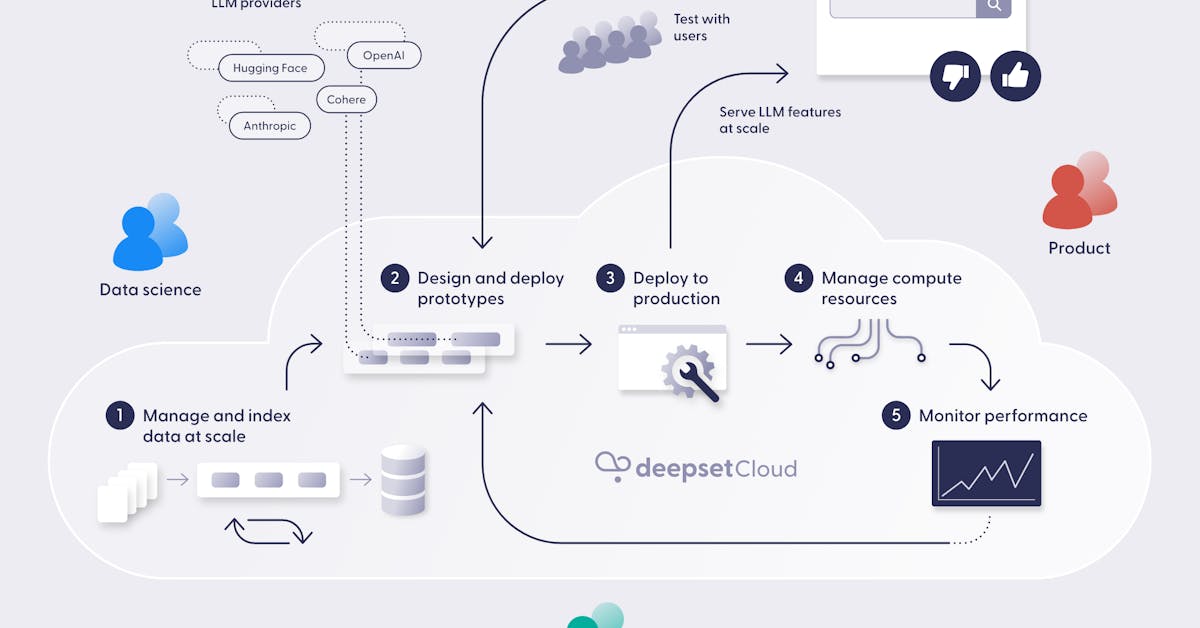Introduction
As the volume of text data continues to grow exponentially across organizations, advanced text analysis has become crucial for extracting meaningful insights. While there are many software options available, not all are created equal. In this post, we evaluate and compare 15 top text analysis platforms across key parameters to help businesses identity the right fit.
Methods of Evaluation
We evaluated each software based on features, functionality, pretrained models, pricing, support, as well as more qualitative parameters like brand recognition, customer reviews and feedback. Additionally, we leveraged quantitative metrics like number of backlinks, traffic and search volume trends for specific keywords and features to arrive at our ranking. This holistic evaluation approach helps provide a balanced perspective on each vendor.
1. IBM Watson Natural Language Understanding
IBM Watson Natural Language Understanding (NLU) is a powerful AI-assisted text analysis platform developed by IBM. Watson NLU leverages cutting-edge natural language processing technologies to extract meaningful information and insights from text.
Pros: Some key advantages of IBM Watson NLU include:
– State-of-the-art NLP capabilities from IBM
– Ability to build custom entity recognition and classification models
– Seamless integration with other IBM Watson services like Watson Assistant for additional capabilities
Cons: The main disadvantage is that IBM Watson NLU is primarily suited for enterprise customers due to its pricing structure.
Pricing: IBM Watson NLU pricing plans start at $0.50 per 1,000 text characters analyzed for the Lite plan. Enterprise plans with additional features are available based on individual business needs and volume.
Some key stats about IBM Watson NLU include:
– Processes over 5 billion requests from millions of users every month
– Features over 30 languages for analysis
– Can extract entities, keywords, sentiment, topics and more from text
– Built on a deep learning architecture trained on billions of web pages and documents
2. NEC
NEC is a Japanese multinational provider of information technology, telecommunications, electronics, power tool and electronic equipment services headquartered in Tokyo, Japan. Founded in 1899, NEC offers a variety of AI and data analytics solutions including text analysis software.
Pros: Key advantages of NEC’s text analysis software include:
– Applied experience from large-scale government and enterprise deployments.
– Integrations with NEC communications networks for real-time insights.
– Focus on privacy, security and governance in AI projects.
Cons: A potential disadvantage is that as a large multinational, NEC may not be as nimble or focused on text analytics compared to more specialized software companies.
Pricing: Pricing for NEC’s text analysis software is available upon request and depends on features, volume of data, support options and contract length. Both perpetual and subscription licensing is available.
Some key stats about NEC’s text analysis capabilities include:
– Over 30 years of experience in natural language processing and AI.
– Supported over 100 federal and state government AI projects.
– Processes over 8 billion queries per year for clients.
– Global leader in biometric identification technologies.
3. DataRobot
DataRobot is an enterprise AI platform founded in 2012 and headquartered in Boston, Massachusetts. The company offers a unified platform for organizations to develop, deploy, and manage AI applications and models at scale. DataRobot helps over 2,200 customers use AI to solve complex problems faster. Some key advantages of DataRobot’s platform include being end-to-end, having AutoML capabilities for rapid model development, and providing deployment and MLOps support.
Pros: Key advantages of DataRobot’s AI platform include:
– End-to-end platform for the full AI lifecycle from data to deployment
– AutoML capabilities that accelerates model development through automated workflows
– Governance, security and compliance features for managing AI assets and risk
– Flexible deployment options on-premise or cloud with support for Kubernetes
– Expert AI assistance and consulting services for enterprises
Cons: One potential disadvantage is that as an enterprise platform, DataRobot may be an overkill for some smaller businesses or projects with limited budgets and resources. The learning curve could also be steeper compared to point solutions.
Pricing: DataRobot offers flexible pricing packages tailored for different organization sizes and budgets. Pricing is usually based on a per-user or annual subscription model. Custom pricing is also available for large enterprise clients. A free trial is available to explore the platform’s features.
Some key stats about DataRobot’s platform include:
– Used by over 2,200 customers globally including large enterprises in various industries
– Supports over 25 programming languages and 50+ algorithms out-of-the-box
– Deployed over 10,000 AI applications and models enterprise-wide
– Raises $300 million in Series F funding in 2021 to further expansion
4. spaCy
spaCy is an open-source library for advanced Natural Language Processing (NLP) in Python. It was developed by Explosion AI and provides state-of-the-art models and tools for NER, POS tagging, parsing and more out-of-the-box.
Pros: Some key advantages of spaCy include:
– Feature-rich NLP toolkit in a single Python library
– Pretrained pipelines provide state-of-the-art NLP capabilities with little setup required
– Active development community and documentation resources for easy integration and customization
Cons: One potential disadvantage is that as an open-source project, spaCy relies on community contributions for ongoing development and support. Commercial alternatives may provide more dedicated support options.
Pricing: spaCy is freely available as open-source software under the MIT license, so it can be used and integrated into applications at no cost. Explosion also offers commercial subscriptions and services for enterprises requiring additional resources or custom model training.
Some key stats about spaCy include:
– Actively maintained by a team of NLP engineers
– Over 2 million downloads on PyPI
– Supports 60+ languages out of the box
– Models trained on billions of words of text
5. MonkeyLearn
MonkeyLearn is a cloud-based platform that provides text analytics solutions without writing any code. Using its AI-powered APIs and web interface, businesses and developers can extract valuable insights from text data to power applications, automate workflows and gain critical business intelligence.
Pros: Some key advantages of MonkeyLearn include:
– API for performing tasks like text classification, entity extraction, sentiment analysis and summarization without any coding required
– Easy to use web interface that allows non-technical teams to build and train custom models
– Customizable models that can be fine-tuned via an iterative experimentation process
Cons: One potential disadvantage is that the free tier has limitations on the amount of data that can be processed each month, so it may not be suitable for very large scale text analytics projects.
Pricing: MonkeyLearn offers several paid plans starting at $49/month for basic usage up to enterprise plans for large businesses. The free tier allows processing of up to 5k documents per month.
Some key stats about MonkeyLearn include:
– Used by over 20,000 companies worldwide
– Processes over 1 billion documents per month
– accuracy rates of over 95% on common text classification tasks
– Supports over 40 languages for text analysis
Text AnalyticsNo-Code Text Analytics. Get started for free!monkeylearn.com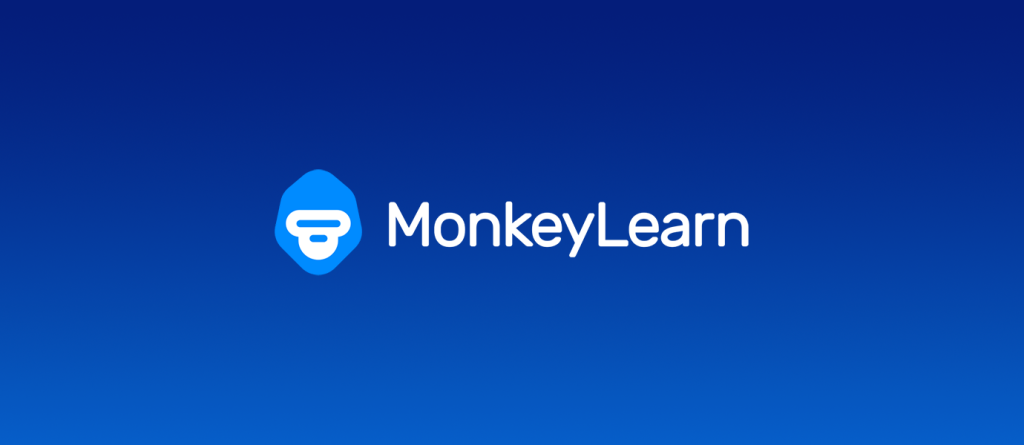
6. expert.ai
Expert.ai is an AI company focusing on natural language technology and understanding. Founded in 2010, Expert.ai is headquartered in Boston and Bologna, Italy. Expert System’s technology powers applications created by Expert.ai or its partners and customers.
Pros: Some key advantages of Expert.ai’s text analysis software include:
– Focus on extracting structured insights from text
– Powerful information extraction, language understanding and text mining capabilities
– Seamless integration with top CRMs and business applications
Cons: One potential disadvantage is the software requires some technical skills to implement advanced customizations or integrations.
Pricing: Pricing for Expert.ai’s text analysis software is not publicly listed but is customized based on data volumes, languages, number of users and required integrations. Contact sales for an exact quote.
Some key stats about Expert.ai’s text analysis software include:
– Processes over 30 billion documents per year
– Works in over 30 languages
– Integrates with major CRMs like Salesforce and Microsoft Dynamics
– Used by global brands like Michelin, Shell and Syngenta
7. Clarifai
Clarifai is an AI software company that provides full stack AI solutions including computer vision, NLP and multi-modal AI applications. Founded in 2013, Clarifai’s platform allows customers to build custom AI applications using pre-trained models or building their own custom models using Clarifai’s training tools and datasets.
Pros: Some key advantages of Clarifai’s platform include:
– Visual recognition along with NLP capabilities allows for multimodal AI applications
– Ability to build custom models for specific entities, keywords or topics of interest
– Large free tier that allows up to 100,000 API requests per month for development and testing
Cons: The main potential disadvantage is that the custom models require larger datasets and specialized training which may not be feasible for some smaller businesses or projects with limited resources.
Pricing: Clarifai offers simple tiered pricing plans starting from a free tier. The basic paid plan starts at $299/month and offers 300,000 API requests. Higher tiers with more requests and storage are also available ranging from $1000-10000/month.
Some key stats about Clarifai include:
– Processes over 5 billion API requests per month
– Over 10,000 customers including Fortune 500 companies
– Recognizes over 5000 visual concepts using computer vision
– OpenText and NLP capabilities can analyze billions of documents
8. Rasa
Rasa is an open source conversational AI platform that allows developers to build custom text and voice-based assistants. The company was founded in 2017 and is based in Berlin, Germany. Rasa provides tools and pipelines to easily build conversational agents and assistants using machine learning techniques.
Pros: Some key advantages of Rasa include:
– Open source and free to use which allows for customization and flexibility
– Wide range of pre-trained NLU models andENTITY extractors to accelerate development
– Robust training pipelines and SDKs for Python, JavaScript and more
– Large community of developers for help and resources
Cons: A potential disadvantage is that as an open source platform, it does not provide commercial support directly from Rasa. Developers would need to rely on the community or hire external consultants for paid support.
Pricing: Rasa is open source and free to download and use. For commercial arrangements or enterprise-grade support, Rasa offers paid cloud plans and professional services starting at $99/month.
Some key stats about Rasa include:
– Used by over 5,000 companies globally including Anthropic, BBC and Red Hat
– Over 1 million downloads of the Rasa SDKs and toolkits
– Active community of over 20,000 developers on forums, GitHub and LinkedIn
9. Inbenta
Inbenta is a conversational AI platform that provides tools for building and managing virtual assistants, chatbots, and conversational interfaces. Founded in 2011, Inbenta enables organizations to automate customer and employee interactions through AI-powered conversations.
Pros: Some key advantages of Inbenta include:
– Conversational AI platform allows non-technical teams to build and manage chatbots without code.
– Domain-specific NLP models are pre-trained on industry vocabularies for highly accurate understanding.
– Capabilities like sentiment analysis and intent recognition allow building personalized dialog experiences.
– Omnichannel support across messaging apps, websites and mobile apps via out of the box integrations.
Cons: One potential disadvantage is that the platform may not support some advanced customizations needed by very large enterprises with unique requirements. Extensive custom programming would likely need to be handled outside the platform.
Pricing: Inbenta offers flexible pricing plans ranging from free trials and developer licenses to enterprise packages depending on needs. Prices start from $500/month for the Standard plan and range up to custom enterprise pricing for very large businesses.
Some key stats about Inbenta include:
– Processes over 1 billion conversations per year across industries like banking, healthcare, telecom and more.
– Available in over 30 languages to support global businesses.
– Integrates with major platforms like Salesforce, Zendesk and Comm100 for a seamless experience.
– Deployed by over 500 customers worldwide including Samsung, Chrysler and Vodafone.
10. SparkCognition
SparkCognition develops artificial intelligence products including deep learning, machine learning, natural language processing, and computer vision algorithms. Their AI software platforms like DeepArmor and DeepNL help organizations across industries gain insights from data. Some key industries they focus on include government, healthcare, energy, and transportation.
Pros: Some key advantages of SparkCognition’s AI products include:
– Products tailored for specific industries like DeepArmor for cybersecurity and DeepNL for natural language
– Team of AI scientists continually conducting research to improve models
– Able to address a wide variety of challenges across industries from oil & gas to healthcare
Cons: A potential disadvantage is that as a solutions provider, SparkCognition may not offer consumer-facing AI products compared to other companies focused mainly on B2C applications.
Pricing: SparkCognition offers both free trials and customized pricing for their AI products depending on business needs, deployment size, and support requirements. Pricing is available upon request for a customized quote.
Some key stats about SparkCognition include:
– Founded in 2013 and based in Austin, Texas
– Over 200 employees including AI scientists and engineers
– Developed AI products used by Fortune 500 companies and government agencies
– Selected by the U.S. Department of Energy to develop AI algorithms
11. Syntiant
Syntiant is a semiconductor company that develops low power neural network processors for edge devices. By bringing machine learning capabilities to edge devices, Syntiant enables always-on voice and image recognition without having to upload private data to the cloud.
Pros: Key advantages of Syntiant’s technology include:
– Low power neural network processors that allow for always-on AI capabilities without draining battery life quickly
– On-device processing means privacy is maintained as user data doesn’t leave the device
– Enables a wide range of applications from smart home assistants to industrial IoT
Cons: The main potential downside is that Syntiant’s technology is focused solely on running neural networks for speech, audio and image applications on embedded edge devices. It may not be suitable for more complex AI workloads that require higher computational power.
Pricing: Syntiant does not publish pricing publicly for their neural network processor chips. For OEMs and companies looking to integrate the technology into their products, pricing is available on request.
Some key stats about Syntiant’s technology include:
– Up to 1000x lower power consumption compared to CPU/GPU implementations
– On-device speech recognition accuracy of over 95%
– Capable of running neural networks with tens of millions of parameters
12. Yseop
Yseop is an AI software company that offers natural language generation (NLG) solutions. Founded in 2008 and headquartered in Paris, France, Yseop uses deep learning techniques to automate content generation at scale across a wide range of domains and languages. With over 15 years of experience in the NLG space, Yseop has proven technology and a robust platform to meet the complex content needs of regulated industries.
Pros: Some key advantages of Yseop’s NLG platform include:
– AI writing assistant for automating content generation at scale such as financial reports, compliance documents, proposals etc.
– Wide range of pre-trained models across domains like insurance, banking, retail etc and languages allowing for customization
– Governance and compliance features to ensure sensitive customer data and intellectual property are secured
Cons: The only potential disadvantage is that extensive customization may be required for niche use cases which could increase costs compared to generic NLG platforms
Pricing: Yseop offers a variety of pricing plans depending on requirements such as volumes, languages, domains etc. They can be contacted for a custom quote suitable for individual business needs.
Some key stats about Yseop’s NLG platform include:
– Handles over 2.5 billion words of generated content annually
– Supports over 25 industry domains and 10+ languages
– Secures sensitive customer data with governance, compliance and customization capabilities
13. Maluuba
Maluuba is a conversational AI research company based out of Montreal, Canada. Founded in 2011 as part of the Microsoft Research lab, Maluuba focuses on building AI assistants that understand natural language through semantic parsing.
Pros: Some key advantages of Maluuba’s products include:
– Focus on conversational AI through semantic parsing for true understanding of language
– Toolkits that streamline the process of designing, training and evaluating chatbots
– Research into grounded language learning to improve contextual understanding
Cons: As an AI research company, Maluuba’s products may not be as polished or full-featured as commercial chatbot platforms. Continued research is needed to achieve human-level language understanding.
Pricing: Maluuba offers various research toolkits and APIs on a freemium model. Contact sales for enterprise pricing and custom solutions.
Some key facts about Maluuba:
– Over 50 AI researchers and engineers
– Developers of several open-source toolkits for building conversational agents
– Research focuses on grounded language learning through situated environments
– Part of the Microsoft Research family since 2011
14. Rosette
Rosette is a cross lingual text analysis platform that uses artificial intelligence techniques to extract structured information from unstructured text. The platform provides entity linking, relationship extraction, sentiment analysis and other natural language processing capabilities through customizable models and APIs.
Pros: Some key advantages of using Rosette include:
– Cross-lingual capabilities for multinational organizations.
– Highly customizable models that can be trained on internal datasets.
– Provides entity linking, relationship extraction and sentiment analysis in one platform.
– APIs can be easily integrated with existing workflows and applications.
– Accurate insights help organizations make real-time decisions with data.
Cons: One potential disadvantage is that customizing models requires machine learning expertise. The APIs and platform may not be suitable for all organizations and smaller teams without dedicated data science resources.
Pricing: Rosette offers a variety of pricing plans including free trials and monthly/annual subscriptions based on data volume. Pricing starts at $1,000 per month for the basic Developer plan and goes up based on additional features, software integrations, support levels and data volume.
Some key stats about Rosette include:
– Analyzes over 150 languages includingArabic, Chinese, English, French, German, Portuguese, Spanish and more.
– Processes billions of documents annually for enterprise customers.
– Offers pre-built and customizable deep learning models for various use cases and industries like healthcare, financial services, publishing etc.
15. Deepset
Deepset is an AI safety startup based in Berlin, Germany that provides natural language processing (NLP) tools and platforms. They are best known for their Haystack open-source NLP library and Deepset Cloud, their enterprise ML/NLP SaaS platform.
Pros: Some of the key advantages of Deepset’s products include:
– Haystack provides easy-to-use Python APIs and tools for popular pre-trained transformer models like BERT, ALBERT andothers.
– Deepset Cloud offers a no-code web interface for deploying and managing NLP models at scale.
– An active community of developers contribute to expanding Haystack’s capabilities.
Cons: One potential disadvantage is that as an early-stage startup, Deepset’s resources and support capabilities are not as extensive as some larger competitors in the enterprise ML space.
Pricing: Deepset Cloud pricing starts at $199 per month for the Basic plan which includes 2GB of RAM and up to 2 concurrent users. The Standard plan is $399 per month for 4GB RAM and 5 concurrent users. Custom enterprise plans are also available.
Some key stats about Deepset include:
– Founded in 2018 and currently has over 50 employees
– Open-sourced Haystack in 2019 which now has over 50,000 downloads
– Deepset Cloud launched in 2021 and already has dozens of enterprise customers
Conclusion
While all the platforms highlighted are leaders in their own right, some stood out based on our evaluation criteria. IBM Watson, DatRobot, spaCy and MonkeyLearn emerged as top contenders based on their advanced NLP capabilities, customizability, scalability and ecosystem support. However, the right choice will ultimately depend on your specific use cases, data volumes, budget and future growth plans. We hope this analysis provides a good starting point for your evaluation process.






